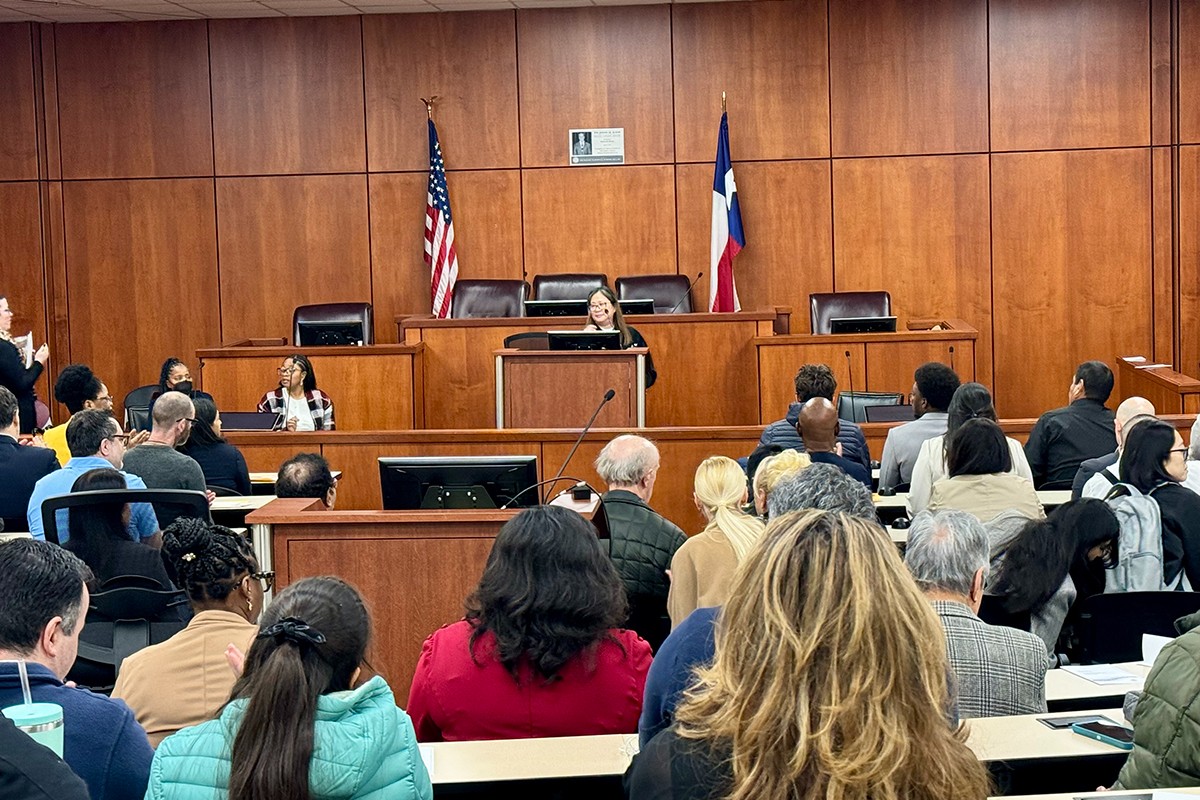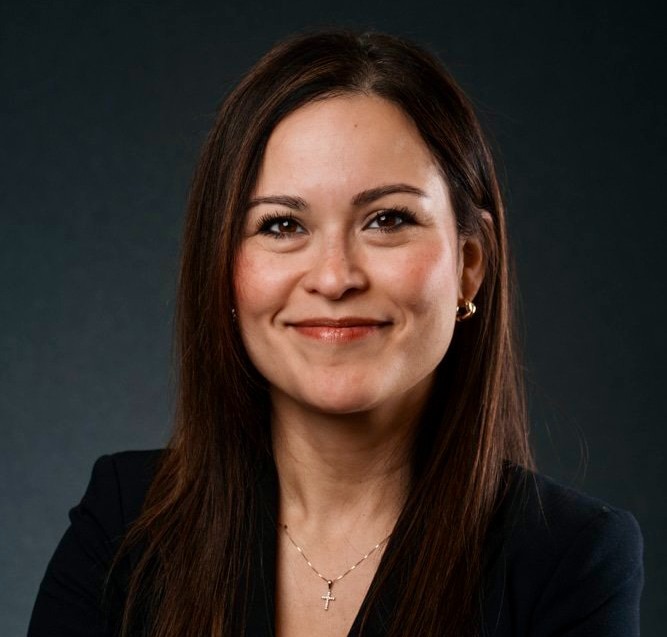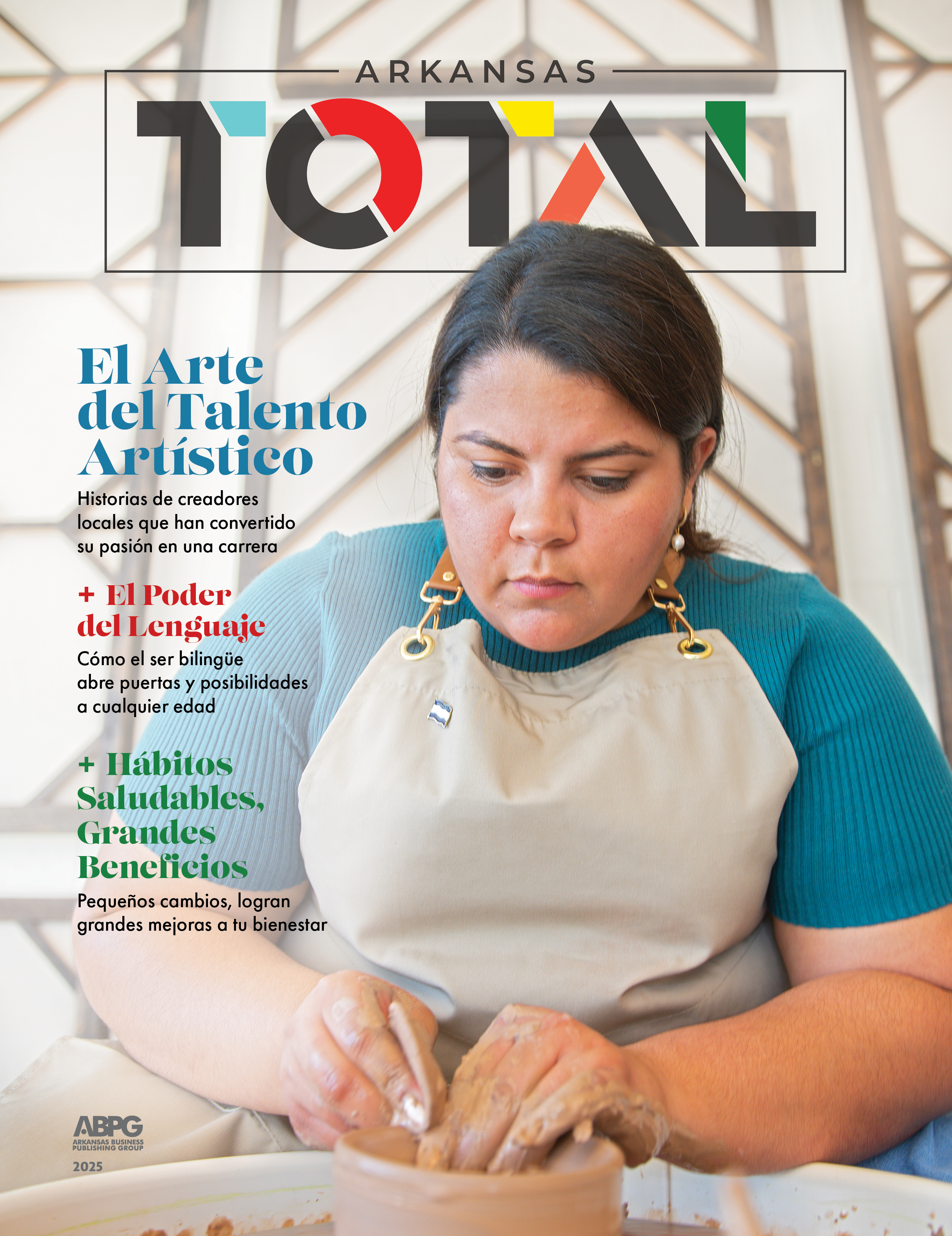New in Town

También puedes leer este artículo en español, Nuevos en la Ciudad
Navigating the U.S. immigration system is no small challenge. Edith Chávez de Oseguera, an immigration attorney at United Law Group, says some seemingly small mistakes can sidetrack permanent residents.
“I think oftentimes, we overlook how a person can get in trouble or what prevents a person from becoming a citizen,” she says.

De Oseguera says there are five main dos and don’ts permanent residents and future citizens need to know:
DO learn how the system works
Learning about how the U.S. government works, like the division of powers between the executive, legislative and judicial branches, was an invaluable resource when Chávez de Oseguera immigrated.
“I came from a country that is a democracy as well, so we do have these three branches of power, but things work a little bit differently,” she says.
DON’T rely on criminal attorneys for legal advice
DO consult an immigration attorney
de Oseguera says that even a minor criminal conviction can derail the naturalization process or impact a person’s legal residency.
“Sometimes people go to court … and the consequences may hinder their ability to continue to hold that green card status,” she says, adding before entering a plea in a criminal case, immigrants should consult with someone who specializes in immigration law.
Criminal convictions, like failure to pay taxes or violent crimes, can be disqualifying.
“Sometimes you hire an attorney and that attorney may be well-versed in criminal law but is not well-versed in immigration law,” de Oseguera says.
DO keep trips abroad short
Green card holders must be physically present in the U.S. or their residency may be considered abandoned. Permanent residents aren’t permitted to leave the U.S. for more than six consecutive months.
“You’ve got to make sure when you’re taking trips abroad that trips are less than six months per year,” she says.
DON’T be afraid to apply for citizenship
More than 9 million legal permanent residents in the U.S. haven’t applied for citizenship, according to the U.S. Office of Citizenship and Immigration Services, and de Oseguera says there’s plenty of reasons for that: language and economic barriers, information gaps and more. Even she was nervous, despite having taken plenty of difficult and high-stakes tests throughout her career.
“Because I knew what was at stake, I got a little bit nervous about failing,” she says.
DO take citizenship preparation seriously
She advises those who plan to apply for citizenship to study the publicly available testing resources, which include study guides and practice tests. She also notes that several exemptions exist for individuals who need to take the citizenship test in Spanish, though there is typically an English language proficiency component to the tests.
“As part of the integration process, I think it’s essential people try to learn the language because I think it will put you on a path to success,” she says.
Learning about U.S. history, culture, government and law can help contextualize the political and economic systems in the United States for both new arrivals and long-term residents, says de Oseguera. That knowledge can help immigrants to realize their dreams in the U.S.
“I definitely do think this is the land of opportunities,” she says. “I’m very proud to have been able to naturalize and become an attorney.”
Citizenship Preparation Resources
- The U.S. Office of Citizenship and Immigration Services offers citizenship test preparation materials, like practice tests and study guides.
- The University of Arkansas Bowen School of Law Immigration Clinic provides free legal services to those with immigration-related legal issues.
- The Diocese of Little Rock provides low-cost immigration counseling and support to families and individuals.
- The Arkansas Access to Justice Foundation spearheads numerous efforts to improve access to legal services.
- Arkansas United operates an Immigrant Resource Center in Springdale, with plans to open another in Little Rock in October.

